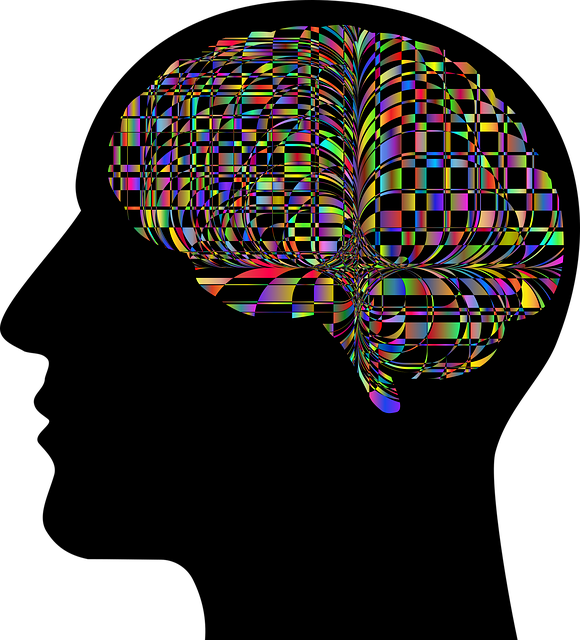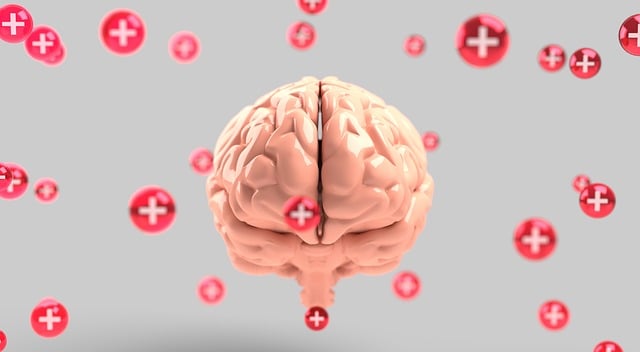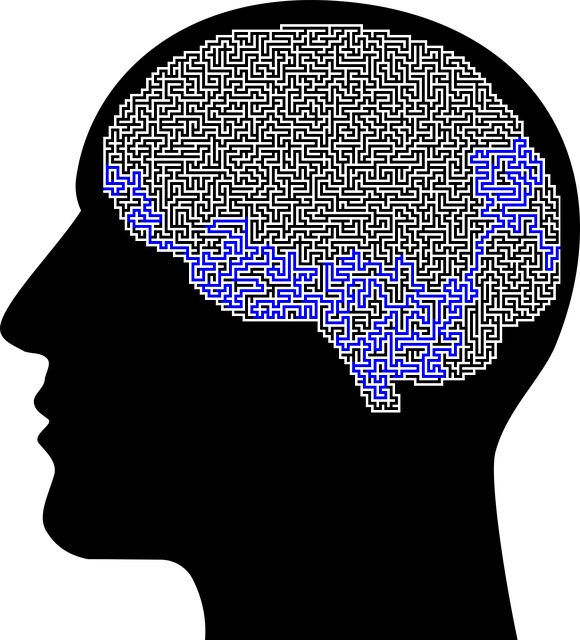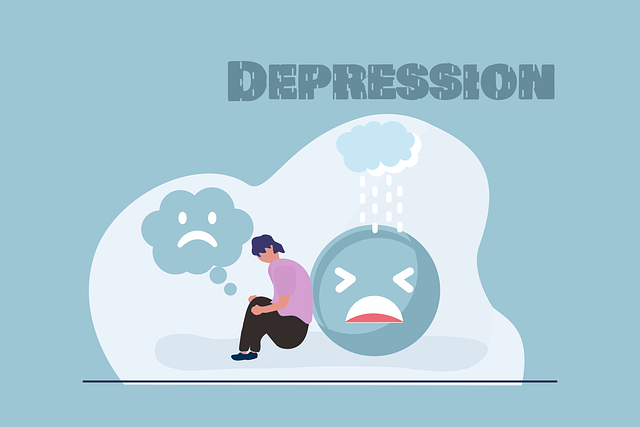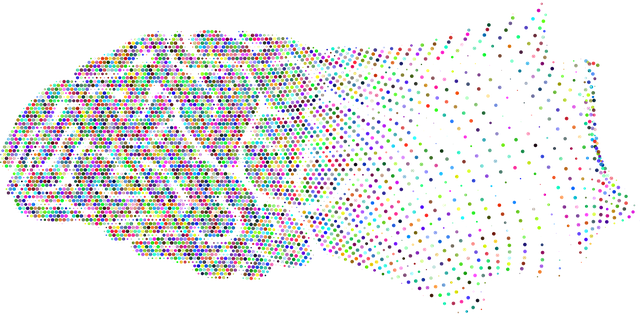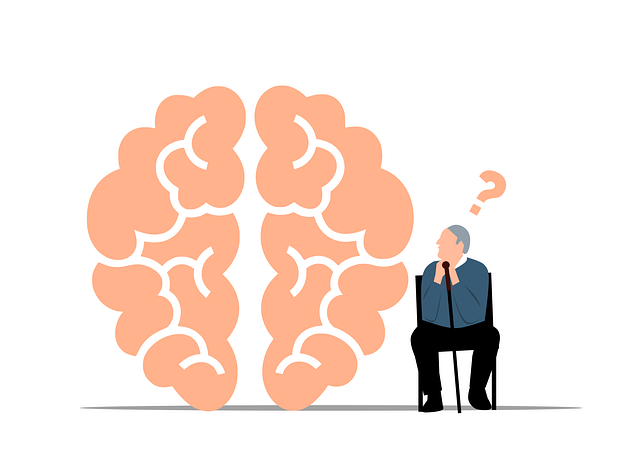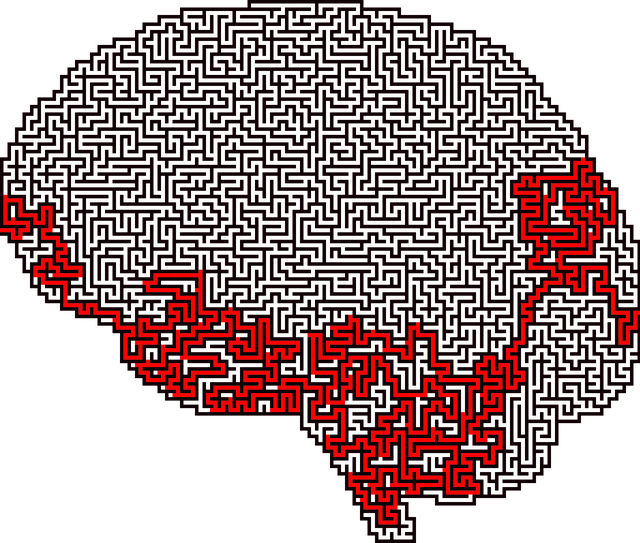Lone Tree Adolescent and Teen Therapy offers specialized mental health support tailored for teens facing challenges like depression, anxiety, eating disorders, and substance abuse. Their compassionate approach leverages evidence-based therapies, cultural sensitivity, and open communication to build confidence, empower teens with coping strategies, and foster resilience. Through individual, group, and workshop sessions, they create a stigma-free environment, advocate for policy changes, and guide personalized treatment plans that promote long-term well-being.
Navigating mental illness diagnosis and treatment for adolescents can be a daunting task. This comprehensive guide explores key aspects of supporting young minds, from understanding complex diagnoses to effective communication with healthcare providers. We delve into various therapeutic approaches, highlighting the crucial role of professional therapists in treatment navigation. For parents and caregivers, Lone Tree Adolescent and Teen Therapy offers invaluable insights into fostering healing and guiding young individuals towards mental well-being.
- Understanding Mental Health Diagnoses for Adolescents and Teens
- The Role of Professional Therapists in Treatment Navigation
- Strategies for Effective Communication with Healthcare Providers
- Therapeutic Approaches and Interventions for Young Minds
- Supporting Adolescents and Teens Through the Healing Process at Lone Tree Therapy
Understanding Mental Health Diagnoses for Adolescents and Teens

Understanding mental health diagnoses for adolescents and teens is a crucial step in navigating their journey towards recovery. This age group often presents unique challenges due to rapid brain development, hormonal changes, and evolving social dynamics. Common mental health issues among teens include depression, anxiety disorders, eating disorders, and substance abuse, each requiring specialized care tailored to their developmental stage.
Lone Tree Adolescent and Teen Therapy recognizes these nuances and offers a culturally sensitive approach to mental healthcare. By incorporating strategies that boost confidence and empower teens, therapists can help them develop coping mechanisms for current issues and build resilience for future challenges. This proactive approach not only addresses immediate concerns but also fosters long-term well-being, with a focus on preventing depression and other disorders from escalating.
The Role of Professional Therapists in Treatment Navigation

Professional therapists play a pivotal role in guiding individuals through the complex landscape of mental illness diagnosis and treatment navigation. At Lone Tree Adolescent and Teen Therapy, for instance, experts offer tailored support to ensure patients receive the most effective care. These therapists are equipped with specialized knowledge and skills to help clients understand their conditions, explore various therapeutic approaches, and make informed decisions about their treatment plans.
Through individual therapy sessions, group support programs, and even Stress Management Workshops organized by like-minded organizations, professionals foster a stigma-reduction environment, encouraging open conversations about mental health. Moreover, they actively engage in Mental Health Policy Analysis and Advocacy, pushing for systemic changes that improve access to quality care. Such comprehensive navigation assistance is crucial in empowering individuals to take charge of their mental well-being.
Strategies for Effective Communication with Healthcare Providers

Open and honest communication is key when navigating mental health care. Patients, especially adolescents and teens like those served by Lone Tree Adolescent and Teen Therapy, should feel comfortable expressing their concerns, symptoms, and any fears they may have. Before your appointment, prepare a list of questions and notes about your experiences. This structured approach ensures you cover all relevant topics during the consultation.
During sessions with healthcare providers, practicing emotional intelligence can foster effective communication. This involves actively listening to the provider’s insights, asking clarifying questions, and sharing your feelings openly but respectfully. Building strong relationships through these practices enhances collaboration in developing personalized treatment plans that focus on self-esteem improvement and address unique cultural considerations. Remember, healthcare provider cultural competency training is vital for ensuring a supportive and inclusive environment.
Therapeutic Approaches and Interventions for Young Minds

Navigating mental health issues can be particularly challenging for young individuals, but various therapeutic approaches offer hope and healing. Lone Tree Adolescent and Teen Therapy focuses on innovative strategies to support adolescent minds. One such approach is Social Skills Training, which equips teens with essential communication and interaction techniques, fostering healthier relationships and improving their overall social functioning.
Additionally, practices like Compassion Cultivation can empower young people to develop self-compassion and kindness towards themselves and others, reducing symptoms of anxiety and depression. Mental Wellness Journaling Exercises Guidance provides a safe space for teens to express their thoughts and emotions, promote self-awareness, and track progress over time. These evidence-based interventions, offered by specialized therapists, contribute significantly to the holistic treatment of young minds.
Supporting Adolescents and Teens Through the Healing Process at Lone Tree Therapy

At Lone Tree Adolescent and Teen Therapy, we understand that navigating mental illness can be a challenging journey for young individuals. Our dedicated team provides a safe and supportive environment tailored to meet the unique needs of adolescents and teens. We believe in empowering our clients through evidence-based therapies, offering them the tools necessary for personal growth and healing. With an emphasis on burnout prevention, we prioritize self-care practices that foster resilience and promote healthy coping mechanisms.
Our approach incorporates cultural sensitivity in mental healthcare practice, recognizing the importance of understanding diverse backgrounds and perspectives. We provide crisis intervention guidance when needed, ensuring our clients feel heard and supported during difficult times. By combining individual therapy sessions with group support, we create a comprehensive care plan that addresses social, emotional, and psychological aspects of their well-being.
Mental illness diagnosis and treatment can be a complex journey for adolescents and teens, but with the right navigation assistance, healing is achievable. Lone Tree Adolescent and Teen Therapy offers comprehensive support through understanding diagnoses, leveraging professional therapist expertise, fostering effective communication, implementing evidence-based therapeutic approaches, and providing a nurturing environment. By combining these strategies, Lone Tree Therapy guides young minds towards recovery and empowers them to thrive.


